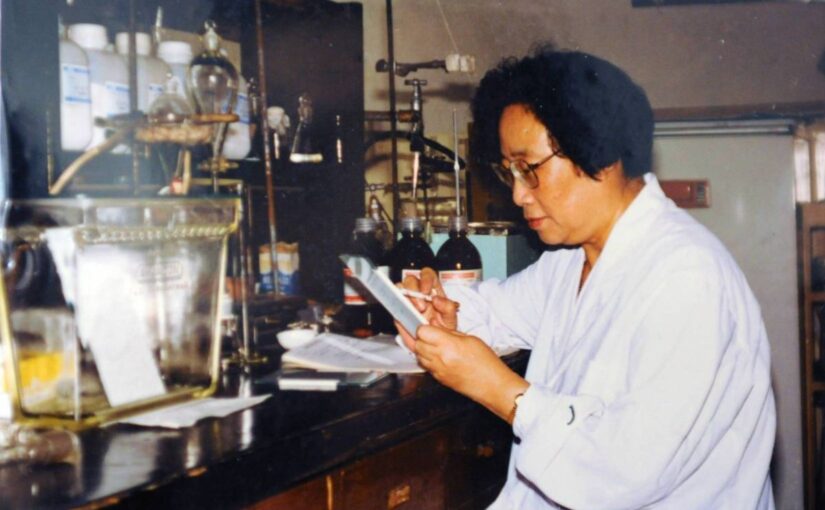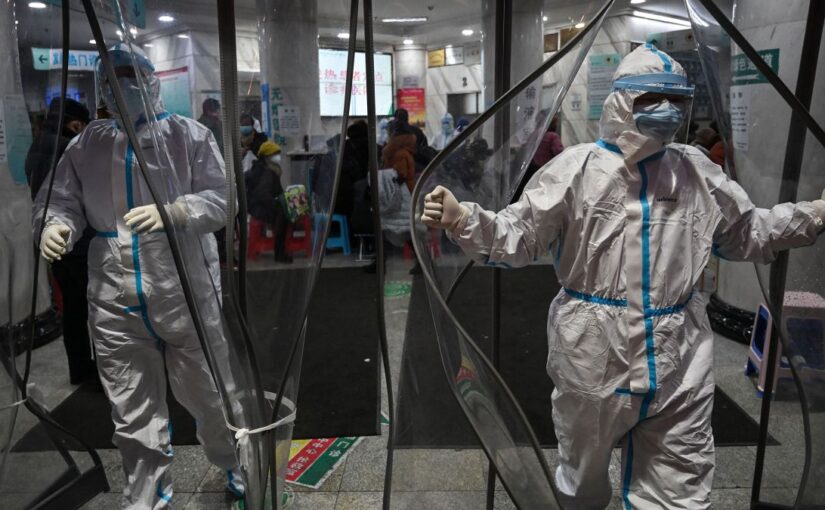April 25 is marked each year as World Malaria Day. Marking this occasion, the US publication Struggle/La Lucha carried a brief article by Stephen Millies revisiting the inspiring story of Chinese woman scientist Tu Youyou, who, starting in 1967, led more than 500 researchers to develop a malaria treatment. The project was begun to assist Vietnam in its war against US aggression, but it has gone on to save millions of lives all over the world, especially in the Global South.
Mosquitoes were infecting Vietnamese soldiers marching down what the corporate media called the Ho Chi Minh Trail. Older remedies like chloroquine were not as effective as they once were. The Vietnamese communist leader Ho Chi Minh asked the People’s Republic of China for help. Ho’s comrade, Mao Zedong, responded by setting up Project 523 to find a new and better cure. A plant called sweet wormwood, mentioned in a 1,600-year-old Chinese medical text, became the focus of attention. Tu Youyou helped develop an extraction method that led to the discovery of the anti-malaria drug Artemisinin in 1972. Tu Youyou was finally awarded a Nobel Prize for her work in 2015.
Millies comments: “Helping Vietnam was the solidarity given by the other socialist countries, including the then-existing Soviet Union, China, Cuba, and the Democratic People’s Republic of Korea. Part of that solidarity was the work of Tu Youyou and her fellow scientists in finding new cures for malaria.”
Meanwhile, on the same day, a Ugandan health official said China is a key partner in helping the East African country eliminate the deadly disease by 2030.
Jimmy Opigo, head of the National Malaria Control Division at the Ministry of Health, told Xinhua in a recent interview that Uganda is eager to learn from a country whose relentless efforts have reduced annual malaria infections from about 30 million in the 1940s to zero in 2017. In 2021, the World Health Organisation (WHO) officially declared China malaria-free, making it the 40th country in the world to have eliminated malaria.
Opigo said that over the years, China has supported Uganda in fighting the disease, which kills between 70,000 and 100,000 people in the East African country annually, with pregnant women and children most affected. He added that, drawing from China’s experience, quick case detection, investigation and a surveillance system are critical in fighting the disease
“We appreciate the long-standing bilateral relationship between Uganda and China, which has been in several fields, including trade, technology, manufacturing, agriculture, and medicine, and we are now developing one in malaria elimination,” Opigo said. “Uganda is working with China for the elimination of malaria.”
The following articles were originally published by Struggle/La Lucha and the Xinhua News Agency.
Tu Youyou, Ho Chi Minh, Mao Zedong and the struggle against malaria
Caused by a parasite which is spread by infected mosquitoes, malaria has killed billions during thousands of years of human history. Just in the last century, an estimated 150 to 300 million people died from the disease.
While smallpox, cholera, polio and the plague have been beaten back, malaria and tuberculosis continue to kill hundreds of thousands of people annually. In 2023, an estimated 597,000 people died from malaria. Ninety-five percent were Africans.
Continue reading Tu Youyou, Ho Chi Minh, Mao Zedong and the struggle against malaria











